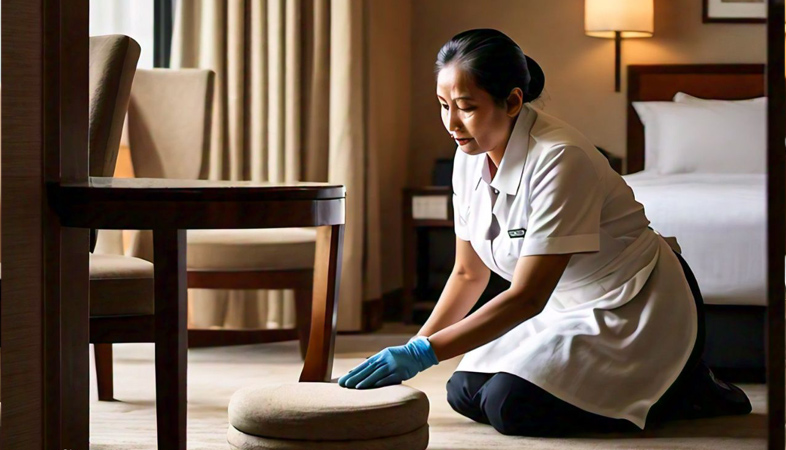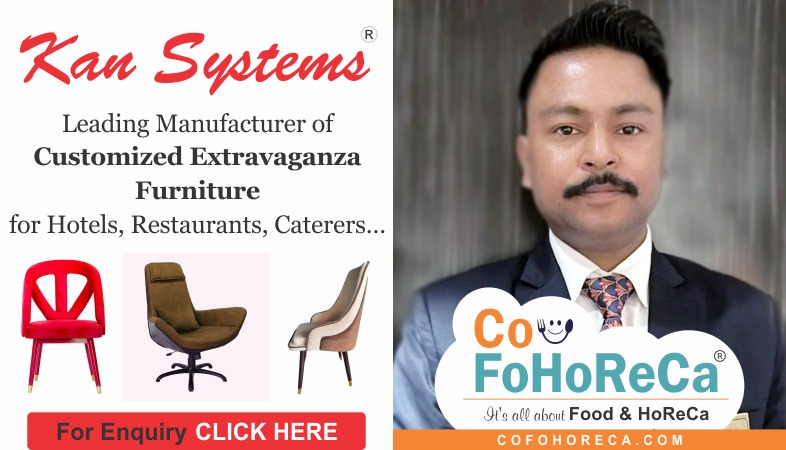SHARE
Commercials
More Posts
Jun 14, 2025
Creating Feel-Good Interiors for Hotels
Jun 07, 2025
Paan - By Chef Sumant Sharma
Feb 05, 2025
Tender Coconut Shake - By Chef Falguni Somaiya
Jun 15, 2025
Freeze-Drying at Home: A New Take on Preservation
Jun 14, 2025
Creating Feel-Good Interiors for Hotels
Jun 07, 2025
Paan - By Chef Sumant Sharma
Feb 05, 2025
Tender Coconut Shake - By Chef Falguni Somaiya
Jun 15, 2025
Freeze-Drying at Home: A New Take on Preservation
Jun 14, 2025
Creating Feel-Good Interiors for Hotels
Jun 07, 2025
.png)



























